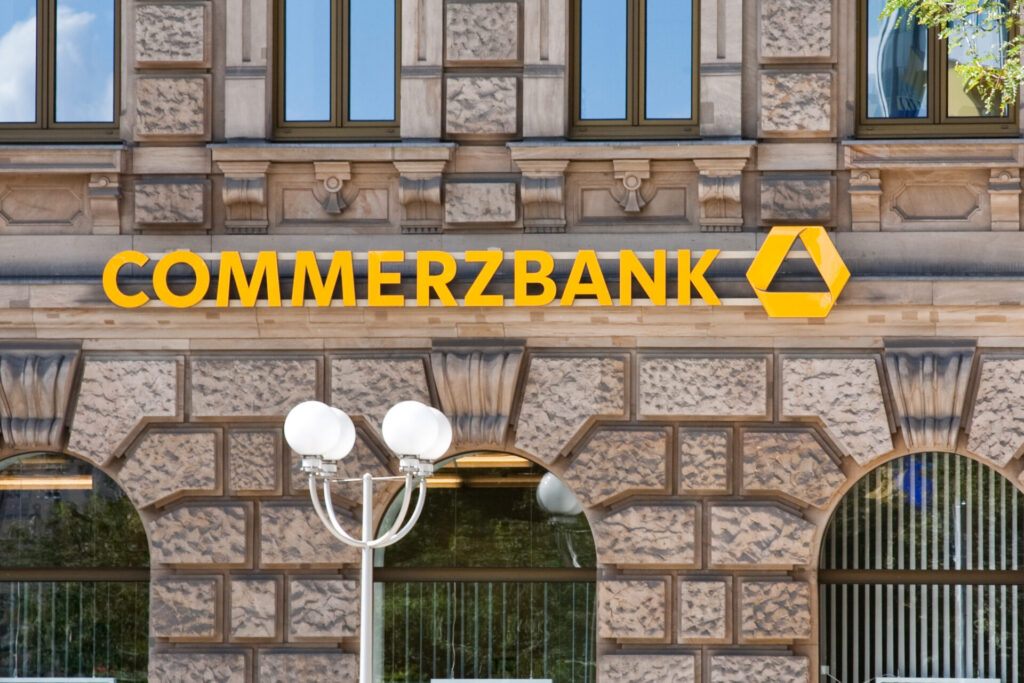
German Commerzbank, the fourth largest bank in the country, has obtained a license to store cryptocurrency assets. This is a groundbreaking moment not only for the bank but also for the entire cryptocurrency industry in Europe. This event coincides with the European Union’s preparations to introduce MiCA, comprehensive regulations governing the cryptocurrency market.
Commerzbank, a leading German bank, has announced the acquisition of a license to store cryptocurrency assets, marking a significant step in the integration of traditional finance with the dynamically developing cryptocurrency sector. This historic event makes it the first bank in Europe that can offer a full range of services related to the custody of crypto assets.
Commerzbank’s groundbreaking step is a response to the growing interest of institutional clients in investing in cryptocurrencies. The bank, leveraging its experience and infrastructure, now has the ability to provide secure storage of digital assets, which is crucial for further development and stabilization of the market.
Commerzbank’s decision comes at a particularly important time as the European Union prepares to implement MiCA (Markets in Crypto Assets) – one of the most comprehensive sets of regulations governing the cryptocurrency market. MiCA, praised by many leaders including French Finance Minister Bruno Le Maire, aims to end the “Wild West” of the crypto market and introduce clear rules of the game.
MiCA regulations, adopted by 27 countries, will require cryptocurrency firms to obtain authorization in at least one of these states to offer their services. Additionally, these firms will have to publish detailed white papers regarding the cryptocurrency assets they offer.
A significant element of MiCA is also dedicated rules for stablecoins, i.e., cryptocurrencies with stable value, called e-money tokens (EMT), if they are linked to a fiat currency. Moreover, the regulations prohibit EMTs not linked to an EU currency from exceeding a threshold of 1 million transactions per day. This includes algorithmic stablecoins as well.
In the context of these changes, the European Union is currently considering liquidity requirements for stablecoins. A draft published by the European Banking Authority (EBA) proposes periodic liquidity requirements for major stablecoins, along with asset reserve requirements. This means that stablecoins will need to maintain an asset reserve with a short maturity period, no longer than 1 to 5 business days, and also meet specific creditworthiness and financial liquidity standards.
Such regulations, combined with initiatives like Commerzbank’s license, may contribute to increasing financial institutions’ and investors’ trust in the cryptocurrency sector, while providing greater protection and market stability. This is a step towards the acceptance of cryptocurrencies as an important element of the global financial system, bridging traditional banking methods with technological innovations.
fot. Commerzbank
